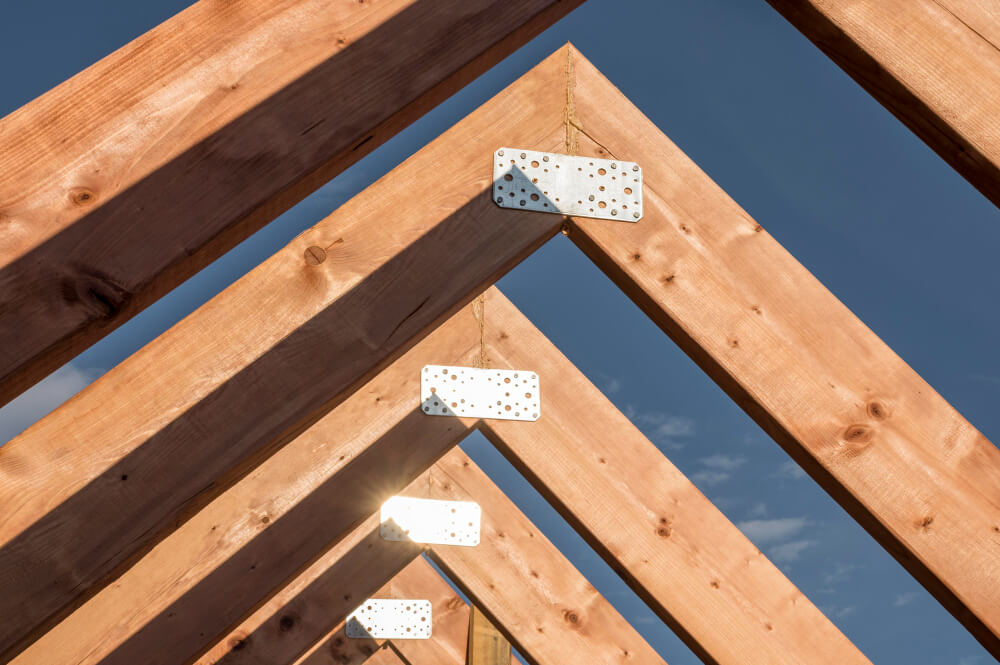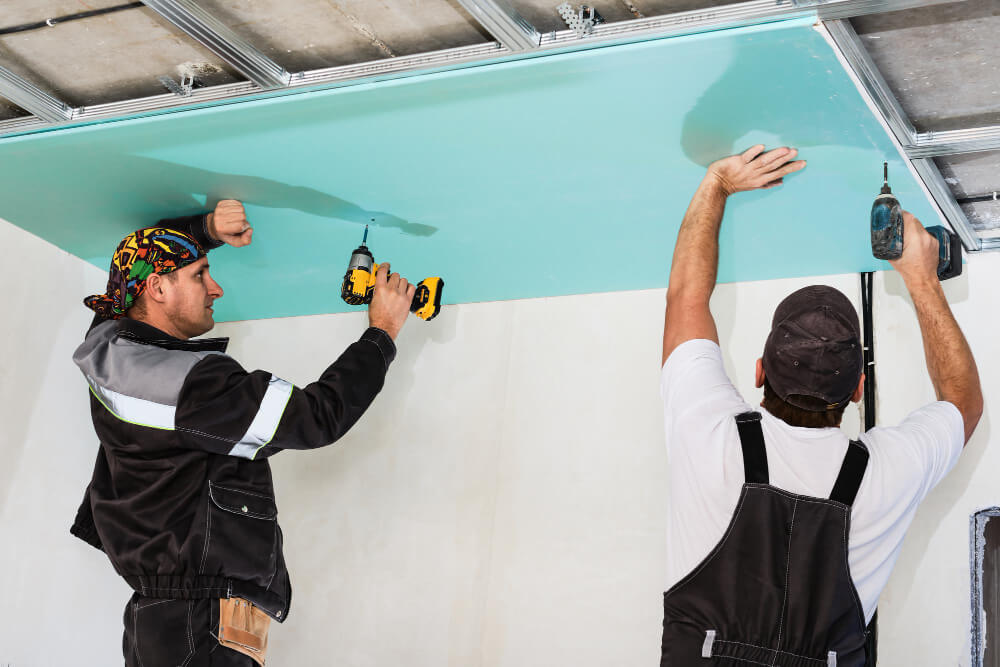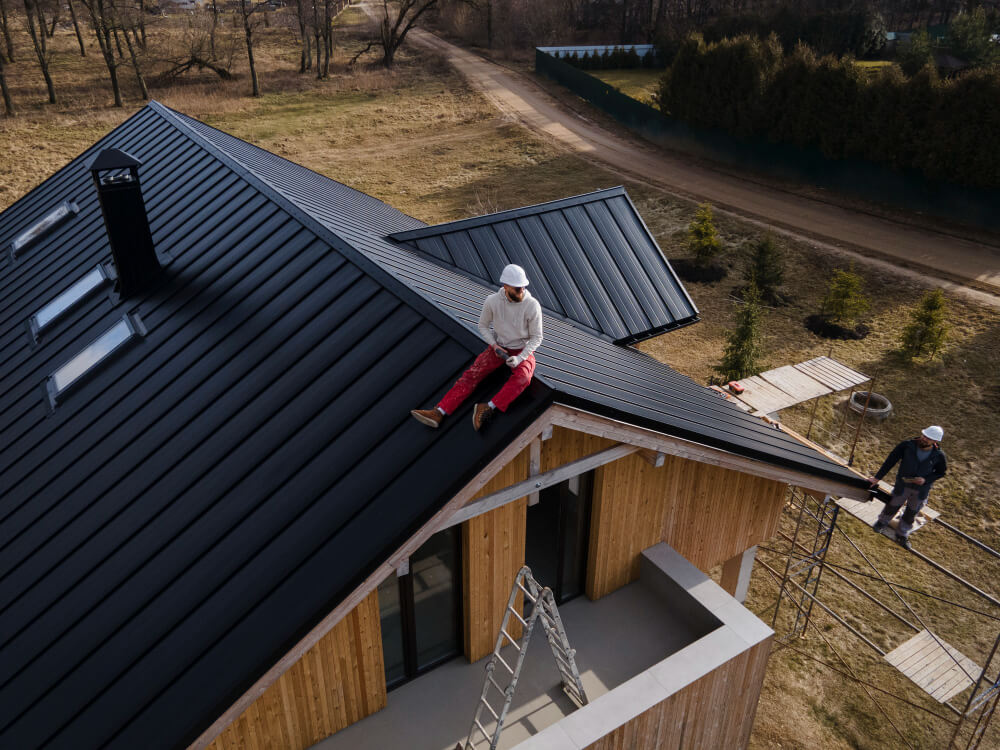
Insulated Metal Panels: A Sustainable Solution
In today’s world, the need for sustainable and eco-friendly building practices has become increasingly important. Architects, builders, and homeowners are all seeking solutions that minimize environmental impact while maximizing energy efficiency. One solution that has gained popularity is the use of insulated metal panels (IMPs).
In this article, we will explore how insulated metal panels contribute to sustainable building practices, offering a comprehensive overview of their benefits and applications.
Sustainable construction practices aim to reduce negative impacts on the environment while creating comfortable and efficient living spaces. Insulated metal panels (IMPs) are a prime example of a sustainable solution that addresses these concerns. These panels offer a combination of superior thermal performance, durability, and design flexibility, making them an ideal choice for eco-friendly buildings.
Understanding Insulated Metal Panels
Insulated metal panels consist of a rigid foam core sandwiched between two metal panels, typically made of steel or aluminum. The foam core provides excellent thermal insulation, while the metal panels offer structural strength and weather resistance. This construction creates a composite panel that combines insulation and exterior cladding into a single system.

Energy Efficiency and Insulation
One of the key benefits of insulated metal panels is their exceptional energy efficiency. The foam core in IMPs acts as a barrier, preventing heat transfer through the building envelope. This insulation helps to maintain a consistent indoor temperature, reducing the reliance on heating and cooling systems and thereby decreasing energy consumption.
Reduced Construction Waste
Sustainable building practices emphasize minimizing construction waste and promoting recycling. Insulated metal panels contribute to this goal by offering a streamlined construction process. Since IMPs come prefabricated, they require fewer materials and generate less waste on-site. Additionally, their modular design allows for easy installation and disassembly, making them reusable in case of building renovations or relocations.
Durability and Longevity
Insulated metal panels are known for their durability and longevity. The combination of metal panels and a rigid foam core creates a panel system that can withstand harsh weather conditions, resist pests and mold, and maintain its structural integrity over time. This longevity reduces the need for frequent replacements and contributes to the sustainability of the building.
Design Flexibility
Architects and designers appreciate the design flexibility offered by insulated metal panels. These panels are available in various sizes, thicknesses, and finishes, allowing for creative and customized architectural designs. Whether it’s for commercial, industrial, or residential buildings, IMPs offer versatility and aesthetics without compromising on performance.
Indoor Air Quality
Creating a healthy indoor environment is essential for sustainable buildings. Insulated metal panels contribute to good indoor air quality by minimizing the potential for moisture buildup and mold growth. The airtight seal provided by IMPs prevents the infiltration of allergens and pollutants, ensuring a comfortable and healthy living or working space.
Cost Savings
While sustainability is a significant driving factor, cost considerations also play a crucial role in construction decisions. Insulated metal panels offer cost savings in multiple ways. Their energy efficiency helps reduce long-term operational expenses by lowering heating and cooling costs. Additionally, the prefabrication and ease of installation of IMPs can lead to reduced labor costs and shorter construction timelines.
Applications of Insulated Metal Panels
Insulated metal panels find applications in a wide range of construction projects. They are commonly used in commercial and industrial buildings, including warehouses, cold storage facilities, and manufacturing plants. IMPs are also gaining popularity in the residential sector for applications such as single-family homes and multi-story apartment complexes. Furthermore, IMPs have found use in agricultural buildings, educational institutions, and healthcare facilities.

Future Trends and Innovations
The sustainable construction industry continues to evolve, and insulated metal panels are likely to witness further innovations. Ongoing research focuses on improving the thermal performance of IMPs, exploring new materials, and developing advanced installation techniques. As technologies advance, we can expect even more efficient and environmentally friendly solutions in the future.
Conclusion
Insulated metal panels offer a sustainable solution for modern construction practices. Their combination of energy efficiency, reduced waste, durability, design flexibility, and indoor air quality makes them an excellent choice for eco-friendly buildings. As the demand for sustainable construction grows, insulated metal panels will continue to play a vital role in creating environmentally conscious and comfortable living and working spaces.


